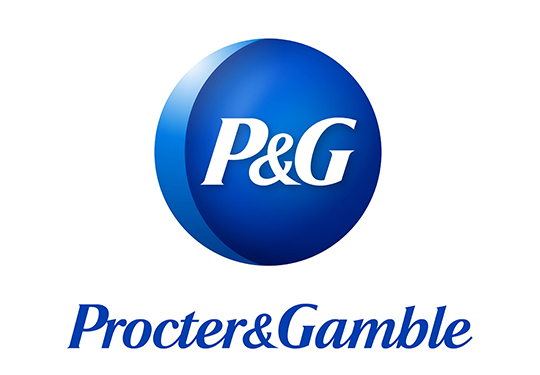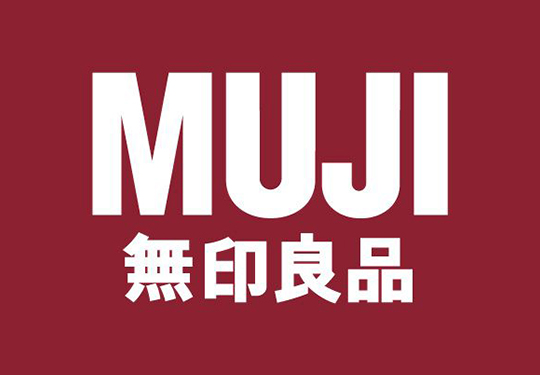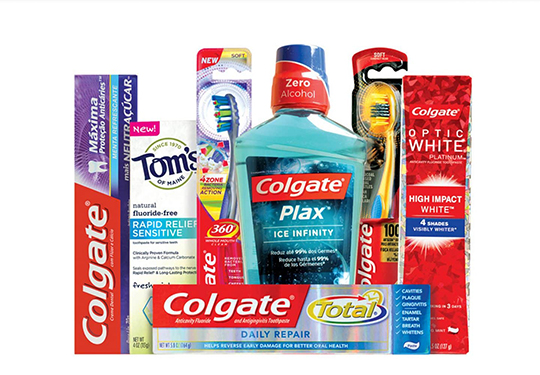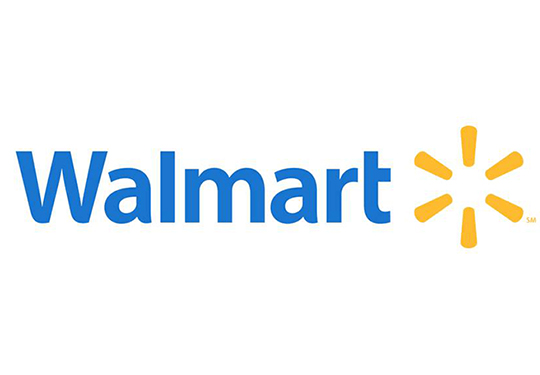Our Branding Strategies

Name Brand Recognition:
A well-established company will often use the weight of its own name brand to extend to its products. Most often, a company with large name brand recognition can be recognized by its logo, slogan, or colors. Companies such as Coca-Cola, Starbucks, Apple, and Mercedez-Benz are all iconic while featuring multiple subsidiary products featured under the company name.

Individual Branding:
Sometimes a larger company may produce products that carry their own weight independent of the parent company. This strategy involves establishing the brand as a unique identity that is easily recognizable. General Mills, for example, distributes Cheerios, Chex, Cinnamon Toast Crunch, Kix, Total, Trix, and more—and that’s just the cereal division. The company also distributes other major brands from every food group.

Attitude Branding:
Ambiguous marketing can often go above the actual product itself in the case of attitude branding. These brands all use strategies that bring to life personality and a customized experience with products and services. NCAA, Nike, and the New York Yankees made Forbes list of “The World’s Most Valuable Sports Brands 2015,” and are automatically associated with a certain style. Other brands, such as Apple and Ed Hardy, also reflect a customer’s self-expression.

“No-brand” Branding:
A minimalist approach can speak volumes. No-brand products are often simple and generic in design. The most successful company to establish this marketing method is the Japanese company, Muji, which simply translates to “no label.”

Brand Extension:
Brand extension occurs when one of your flagship brands ventures into a new market. Say you have a shoe company that is now making jackets, athletic wear, and fragrances. The brand name carries its own identity to your product mix.

Private Labels:
Store brands—or private labels—have become popular at supermarkets. Retail chains such as Kroger, Food Lion, and Wal-Mart can produce cost-effective brands to compete with larger retailers.

Crowdsourcing:
These brands are outsourced to the public for brand creation, which allows customers the chance to be involved in the naming process, and effectively drives up personal interest in a product.
